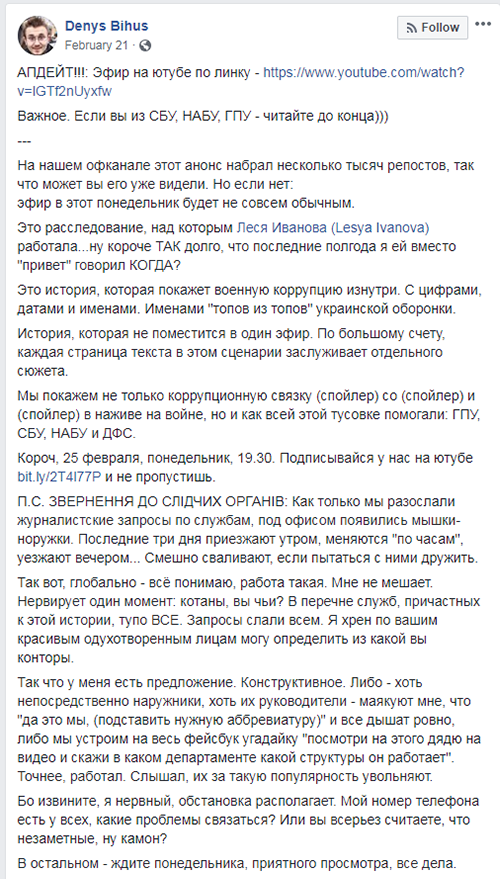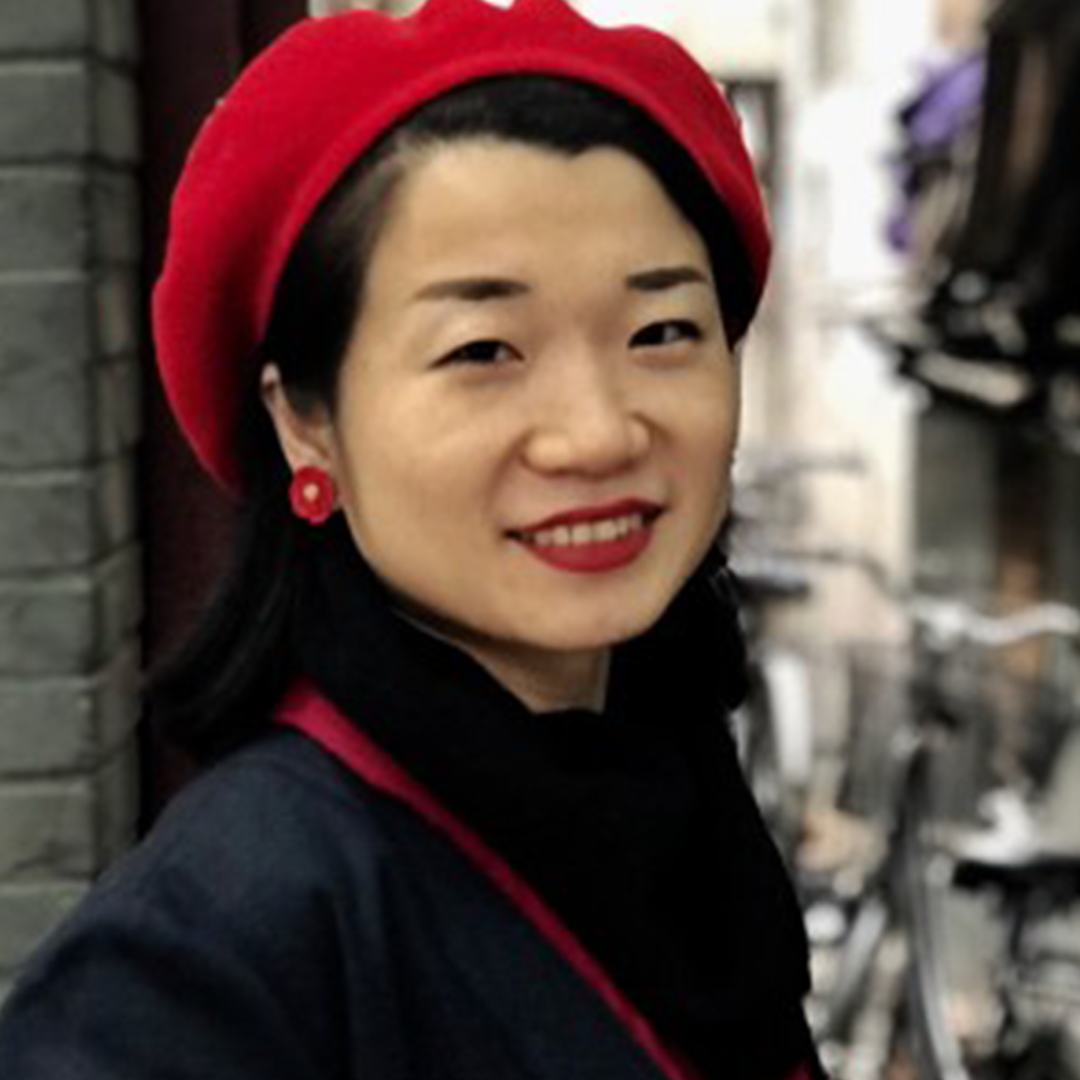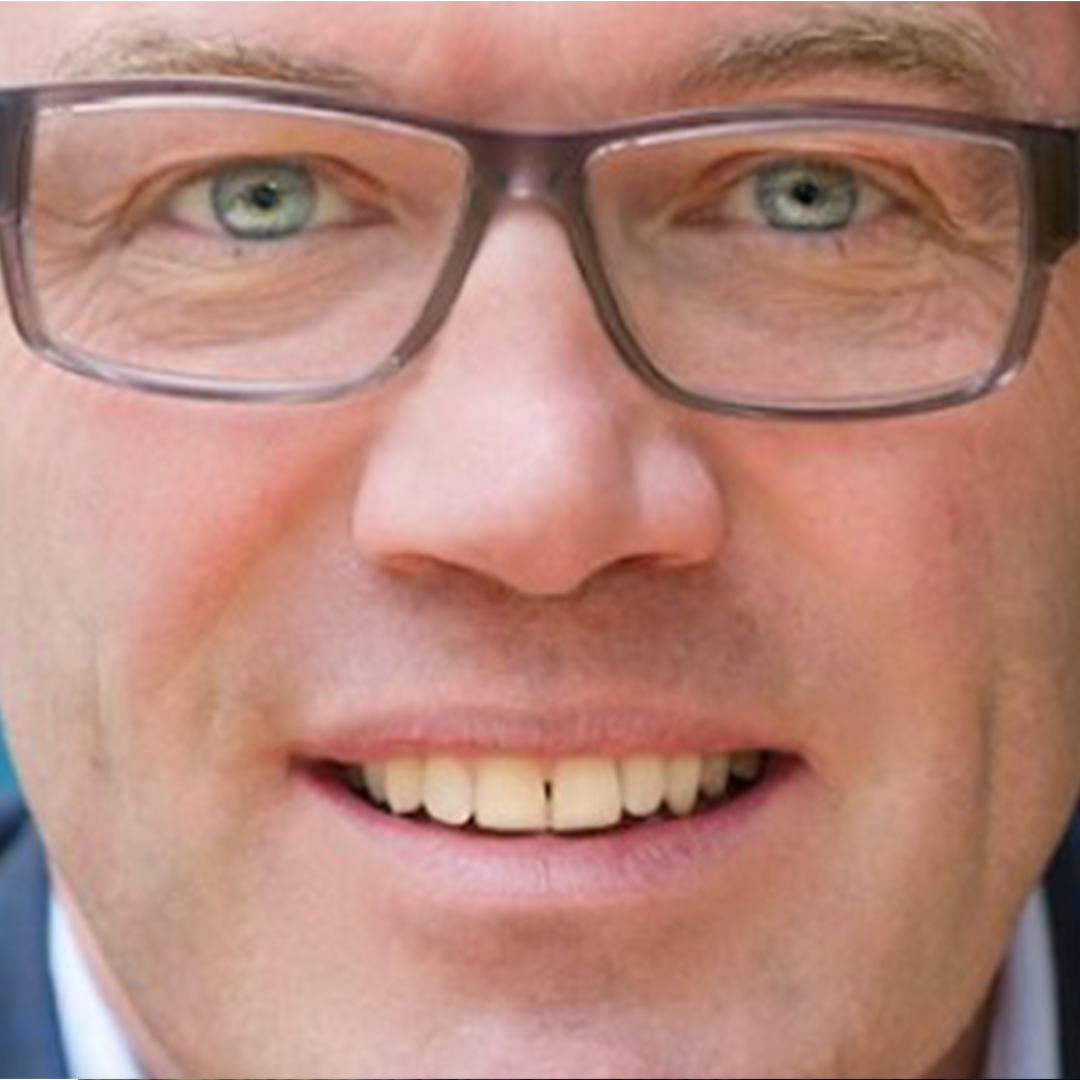29 Mar 2019 | Europe and Central Asia, News and features, Ukraine
[vc_row][vc_column][vc_column_text]

Bihus and members of his reporting team noticed several
unidentified people monitoring their activity from outside their Kiev office starting on February 20. Bihus wrote that the monitoring began after Bihus.Info sent requests for comment to law enforcement bodies in relation to an investigative article alleging corruption within Ukraine’s defense industry.
As Ukrainians head into the first round of a tense presidential election on 31 March, Ukraine’s incumbent president and candidate Petro Poroshenko is at the centre of a corruption scandal involving the military and the country’s press are feeling the heat.
The allegations swirling around the president were uncovered by the 2019 Index on Censorship Freedom of Expression Award-nominated Bihus.info, a group of independent investigative journalists, who undertook a multi-year investigation. The Bihus.info revelations were central to the president’s decision to fire Oleh Hladkovskyy, a top national-security official, who was implicated in corrupt deals involving the armed forces.
Denys Bihus, editor-in-chief of Bihus.info, posted on his Facebook page that unknown persons had been surveilling members of his team ahead of the publication of the investigation. Bihus believes the surveillance was organised by Ukrainian law enforcement and was related to the outlet’s investigations into corruption involving the Prosecutor General’s Office, the Security Service of Ukraine, the National Anti-Corruption Bureau and the State Fiscal Service.
In February, journalists from the TV programme Schemes: Corruption in Details, another leading investigative journalistic project jointly run by public broadcaster UA:Pershyi and Radio Free Europe/Radio Liberty, reported being followed and surveilled. Ukrainian oligarch Rinat Akhmetov has been accused of hiring personnel to spy on journalist Mykhailo Tkach and the camera crew of Schemes. The journalists claimed these activities have been aimed at obstructing their work.
Akhmetov’s security firm has accused Schemes journalists of breaching the oligarch’s privacy and collecting information illegally. The company said that over the past few months unknown persons had secretly filmed the office of SCM, a company owned by Akhmetov, more than 200 times, as well as the private homes of a shareholder. The company claims that those persons had not identified themselves as media workers.
However, Tkach said that Akhmetov’s security firm knew that he and his crew were journalists as they had shown their press cards. Police initially questioned Tkach in late February after he filed a complaint about the firm’s obstruction of journalistic activity. At first, the investigators intended to interrogate him as a witness, but Tkach insisted that he should be defined as an aggrieved party. According to Ukrainian laws, an aggrieved party has more rights in a proceeding: to see material about the case, to file complaints and statements.
In another alarming trend, Ukrainian prosecutors demanded access to the electronic correspondence of the investigative journalist Ivan Verstyuk who collaborated with the Novoye Vremya weekly magazine. On 4 February a court in Kiev allowed law enforcement to gain access to the journalist’s emails.
In 2016 Novoye Vremya published an article by Verstyuk about Olexander Korniyets, a deputy prosecutor of the Kiev region, who paid for his daughter Anastasia’s expensive study in London. According to the UK National Crime Agency report, Korniyets spent about £120,000, while the official annual income of the prosecutor and his wife did not exceed £8,000 per year.
This report, which was the basis of Verstyuk’s article, had been sent exclusively to the Ukrainian Prosecutor General’s Office, but was then leaked. Korniyets was fired in 2015, but Ukrainian prosecutors still haven’t finished investigating his case. They claim that Verstyuk’s story and his source breached the confidentiality of this investigation, despite the leaked report being readily available online.
Verstyuk is preparing a lawsuit for the European Court of Human Rights to protect himself from searches by the prosecutor general’s office.
The prosecutors’ efforts to obtain access to Verstyuk’s emails have drawn international condemnation. Harlem Desir, the representative on the freedom of the media at the Organisation for Security and Cooperation in Europe, urged Ukrainian authorities to respect journalists’ right not to disclose their sources. The Committee to Protect Journalists also condemned the authorities’ efforts to get access to Verstyuk’s emails. Reporters Without Borders said that “it is becoming a habit to trample on the protection of journalistic sources in Ukraine. Head of the National Union of Journalists Serhiy Tomilenko commented that “It’s a shame! It’s an encroachment of media freedom”.
On 6 March journalist Kateryna Kaplyuk and a cameraman Borys Trotsenko from Schemes were assaulted by two deputies of the Chabany village head in the village of Chabany (Kiev region). The pair were filming on the premises of Chabany village council. The assailants were two deputies of the Chabany village head. The journalists called for an ambulance and, after a medical check-up at a hospital, Trotsenko was diagnosed with having a concussion. His camera was broken.
Nataliya Sedletska, editor-in-chief of Schemes, said the journalists had gone to Chabany village council to get information for an investigation on public lands illegal detachment into private possession. A complaint was filed to the police.
On 28 March Schemes reported that unidentified individuals had been trying to access the programme’s accounts in Telegram, WhatsApp and social media sites. On 7 February at 4:07 am, unknown Kyiv residents received access to Telegram account of Maxim Savchuk. In a few minutes at 4:15am, an attempt was made to access the Telegram account of journalist Valeriya Yegoshyna, who suggested that an attempt to break into her account could be connected to her investigation of social media bots acting in the interests of politicians Arseniy Yatsenyuk and Mykola Martynenko, from the ruling People’s Front party. In early March, unidentified persons tried to break the Facebook account of Schemes journalist Katerina Kapluk and accessed the WhatsApp account of editor Daria Martynenko.
Sedletska said the attempts to access the accounts are directly related to the professional activities of journalists.[/vc_column_text][/vc_column][/vc_row][vc_row][vc_column][vc_basic_grid post_type=”post” max_items=”10″ element_width=”6″ grid_id=”vc_gid:1553851892349-06473364-7471-4″ taxonomies=”742, 8996″][/vc_column][/vc_row]
28 Mar 2019 | Awards, News and features
[vc_row][vc_column][vc_video link=”https://youtu.be/aRODwaISqKo”][vc_column_text] Mimi Mefo is one of less than a handful of journalists working without fear or favour in Cameroon’s climate of repression and self-censorship. An award-winning broadcast journalist at private media house Equinoxe TV and Radio, Mefo is courageous in her commitment to the truth, journalistic integrity and freedom of expression.
Mimi Mefo is one of less than a handful of journalists working without fear or favour in Cameroon’s climate of repression and self-censorship. An award-winning broadcast journalist at private media house Equinoxe TV and Radio, Mefo is courageous in her commitment to the truth, journalistic integrity and freedom of expression.
Through broadcast reports, social media and a newly founded website, Mefo informs Cameroonians about the escalating violence in the country’s western regions, in a conflict that has become known as the “Anglophone Crisis”. The conflict has caused hundreds of deaths, including civilians, and has exacerbated the already critical condition of media freedom.
The Cameroonian government has long been a direct threat to the press and has recently intimidated and arrested journalists accusing them of supporting terrorists. Between January 2017 and November 2018, at least 15 journalists were detained. Four are still behind bars.
At the same time, the separatist movement has also grown increasingly intolerant to critical media, and journalists like Mefo have been caught in a double-barrelled threat. Mefo has herself been followed home by mysterious cars and faced intimidation, online harassment and imprisonment.
Her job might be under threat, too, as her employer is coming under growing government pressure because of her defiant line. Equinoxe has already been temporarily forced off the air by Cameroonian police in the past, and now faces new threats of sanctions for Mefo’s coverage of the crisis. Her boss has been questioned by government officials, who complained about her reporting and told him she needs to be “reined in”.
Mefo has denounced the harassment of other Cameroonian journalists and used her digital media to inform the public about the abuses and amplify campaigns calling for the release of those jailed.
Her impact has been tangible: one of her tweets denouncing the poor health of journalist Thomas Awah Junior in prison was shared widely, and only then was he allowed to receive treatment. She was also behind the social media campaign that led to the release of Josiane Kouagheu and Mathias Mouende Ngamo hours after they were arrested on 21 and 27 October.
In September 2018 she founded her own website, Mimi Mefo Info, where she publishes updates from her reporting on the ground. After she published reports that the military was behind the death of an American missionary, she was arrested on 7 November on charges of “publishing and propagating information that infringes on the territorial integrity of the Republic of Cameroon”. A social media campaign and pressure from Equinoxe and international organisations were able to secure her release on 10 November. Mefo resumed reporting immediately.[/vc_column_text][vc_separator][vc_row_inner][vc_column_inner width=”1/2″][vc_single_image image=”104691″ img_size=”full” onclick=”custom_link” link=”https://www.indexoncensorship.org/2019/01/awards-2019/”][/vc_column_inner][vc_column_inner width=”1/2″][vc_column_text]
Index on Censorship’s Freedom of Expression Awards exist to celebrate individuals or groups who have had a significant impact fighting censorship anywhere in the world.[/vc_column_text][/vc_column_inner][/vc_row_inner][vc_separator][/vc_column][/vc_row][vc_row][vc_column][vc_basic_grid post_type=”post” max_items=”4″ element_width=”6″ grid_id=”vc_gid:1553854718059-c3a931fd-6c29-7″ taxonomies=”26925″][/vc_column][/vc_row]
27 Mar 2019 | Magazine, Magazine Editions, Volume 48.01 Spring 2019
Writer
Karoline Kan writes about China for Index on Censorship magazine. She is an editor at China Dialogue and her first work of non-fiction Under Red Skies: Three Generations of Life, Loss and Hope in China was published in March 2019
Novelist
Michal Hvorecký is a Slovakian novelist and short story writer. His latest novel Troll was published in 2017 in Slovakian. His books have been translated into eleven languages. He is based in Bratislava, Slovakia
Author
Andrew Morton is a best-selling celebrity author and royal biographer. His books include Diana, Tom, Angelina, Monica, and Duchess of Windsor. He started his career in local newspapers
27 Mar 2019 | Magazine, Volume 48.01 Spring 2019
[vc_row][vc_column][vc_custom_heading text=”Worrying about a local newspaper closing or reporters being centralised is not just nostalgia, it’s being concerned that our democratic watchdogs are going missing, says Rachael Jolley in the spring 2019 issue of Index on Censorship magazine” google_fonts=”font_family:Libre%20Baskerville%3Aregular%2Citalic%2C700|font_style:400%20italic%3A400%3Aitalic”][vc_column_text]

Is this all the local news? The spring 2019 issue of Index on Censorship magazine.
Regional daily newspaper the Eastern Daily Press is closing two of its district offices, in Cromer on the north Norfolk coast, and in Diss, a Norfolk market town.
This matters to me because the EDP was the first place I worked as a journalist and it was then one of the UK’s biggest local papers, with at least 10 offices, all employing reporters. Some of the offices had one or two reporters, some had 10, and the Norwich head office had about 50 editorial staff. When I joined as a trainee reporter, the big bosses mandated that we worked in at least three different offices within two years. We went out and about on an almost daily basis, talking to people and covering events. These days, national newspaper editors dream of having as many reporters as the EDP had in the 1990s.
So why does this matter? And should anyone care when the small newspaper office in Cromer closes? After all, as the management of the EDP said, everyone is online now, so we can do business digitally. And, yes, most of us can communicate by email and we could email our news tips to a far-flung newsdesk.
We could, but perhaps we won’t bother.
And, yes, you can do business digitally: we can send money and adverts around the world at the click of a mouse. But the stuff at the guts of a local newspaper, the finding out what is going on and hearing a sniff of a story in the pub, will that still go on or will reporters be left to depend on social media as a source?
If no local reporters are left living and working in these communities, are they really going to care about those places? Will they even know who to call, or who to email?
When a massive fire starts down by the King’s Lynn docks, will anyone from the local newspaper be there to see it (as I was one midnight when I saw the flames out of my bedroom window)?
The answer is clearly that they will not. News will go unreported; stories will not be told; people will not know what has happened in their towns and communities.
Local newspapers (and, to some extent, local radio stations) were, and in some places still are, fighting for the little guy against the monolith for the old person, say, who is inundated by noisy construction work morning, noon and night. They bring to the attention of the public a council plan to close a massively popular library, or a bid to cement over a local swimming pool and turn it into flats. They cover a big crown court case about a million-pound corruption that ends with shops closing and jobs being lost.
When things went wrong, the local media were there to make sure people knew about it, and what the problems were. They could knock on the door of the powerful and shout for something to change.
And, yes, these things don’t have to be done only in print – a website can still cover stories and reach an audience – but if there are no reporters on the ground, and they are increasingly based far away from the stories they cover, they will increasingly miss knowing about scandals, corruption and the death of the totally brilliant grandmother who was the heart of the place.
One ex-newspaperman told me he recently walked into a city office to find all the staff for local newspapers from one part of Scotland sitting there, together. They had all become long-distance reporters, at arm’s length from the places they reported on.
This is more than an industrial tipping point. This is a gradual unpicking of part of democracy: scandals that need to be held up to the light will get missed; local authorities that spend public money will have no one watching to see if they are doing it according to the rules.
There is also cause to worry about the coverage of the courts and the justice system. As the former lord chief justice of England and Wales, Lord Judge, told Index: “Open justice is one of the essential safeguards of the rule of law. The presence of the media in our courts represents the public’s entitlement to witness the administration of justice and assess whether, and how, justice is being done. As the number of newspapers declines and fewer journalists attend court, particularly in courts outside London and the major cities, and except in high-profile cases, the necessary public scrutiny of the judicial process will be steadily eroded, eventually to virtual extinction.”
Lord Judge is right. It is likely that budget-stretched local newspaper managers will drop the coverage that costs them the most money. The difficult stuff will get ignored and replaced with fun videos of cats and other animals. The person who sifts steadily through a council agenda, page by page, will disappear, to be replaced by a “content manager” whose job is to produce crowd-pleasing clickbait fare.
Mike Sassi, editor of the Nottingham Post in the UK, said: “There’s no doubt that local decision-makers aren’t subject to the level of scrutiny they once were. There are large numbers of councils right across the country making big decisions, involving millions of pounds of public money, who may never see a local reporter. Many local authorities will be operating in the knowledge that no one will ever ask them an awkward question. Which, obviously enough, does nothing to help build trust in local democracy.”
The problem, some argue, is that the public are not really bothered about losing these skills or services. If they were, they would be willing to support them. Local news has to be paid for, and the companies that have been producing it have to make money to survive. If the public don’t care enough to pay for it, they will move on to doing other things. That’s the way the market works.
People are willing to pay for a cinema ticket, or to go to the football, or for a Netflix subscription, but right now it appears that not many are willing to pay for local news. And if no one funds it, it disappears. Will it be a case of appreciating local news reporting only when it is gone?
There’s even more to worry about when it comes to news vacuums appearing. As people feel more and more disconnected from the place where they live, they move into a state of solitude, not knowing what is going on around them. That breeds discontent, a feeling of being ignored, and when a community doesn’t exist there’s no one to lean on when things go wrong.
[/vc_column_text][vc_row_inner][vc_column_inner width=”1/4″][vc_icon icon_fontawesome=”fa fa-quote-left” color=”custom” size=”xl” align=”right” custom_color=”#dd3333″][/vc_column_inner][vc_column_inner width=”3/4″][vc_custom_heading text=”Proper journalism cannot be replaced by people tweeting their opinions and the occasional photo of a squirrel, no matter how amusing the squirrel might be” font_container=”tag:h3|text_align:left” google_fonts=”font_family:Libre%20Baskerville%3Aregular%2Citalic%2C700|font_style:400%20italic%3A400%3Aitalic”][/vc_column_inner][/vc_row_inner][vc_column_text]
[/vc_column_text][vc_column_text]
There is a public right to information about what locally elected officials are doing, but there is no public right to a newspaper.
If no one wants to buy it, and if no one cares about it, it is likely to disappear. But there is a lot more to lose than a place when you find detailed coverage of your local football team (much appreciated though that is by many). There are deep societal costs.
There are some signs of public discontent which may be linked to declining local news coverage, and might be a sign that people are waking up to what is going missing when local media operations close down or pull away from certain types of coverage.
For this issue, we commissioned YouGov to carry out a poll of the public and we found that 40% of British adults over the age of 65 think that the public know less about what is happening in areas where local newspapers have closed down.
Also, Libby Purves, a columnist at The Times who started her career on a local radio station, tells us she believes part of the discontent that produced Brexit was about people in far-flung places and regional cities feeling their news and views were being ignored. She also talks to us about her earlier years working on Radio Oxford and the close relationship the station had with people who worked in and around the city. They would march into the centrally located studio and tell reporters when they were getting it wrong, she says.
The question is: how can that be replaced today? Can it be done on social media, for instance? Or is it a bit like barking at a tree? You have made noise, but the tree definitely isn’t listening?
For those of you who thought that threats to local news were just in your own country, think again. We looked into this issue around the globe and found some of the same problems developing in China, Argentina, the USA and Belgium, among others. We interviewed people in Italy, Germany, India, the UK and Nigeria. The worries are often the same, the reasons slightly different.
Many of those who fight for freedom of expression feel that declining numbers of local reporters just make it easier for governments to cover up scandals, leave the public ill-informed, and make sure only the information they want is out there.
There are some bright sparks who have ideas about how the important services that local news has provided could work differently in the future. There are people starting their own local paper, focusing on digging out stories, growing circulation and making enough money to keep going.
Other ideas are also emerging. The BBC’s local democracy reporters project, discussed in this magazine, is one way of funding specialists who have time to dig through council agendas to find out what is going on. What about finding specialist bloggers with in-depth knowledge on their particular local magistrates’ court, for instance, and having a Gofundme campaign to get up to 3,000 locals to pay £5 or £10 a month for a twice-weekly email of fabulously detailed and incisive analysis of what is happening?
Big ideas are needed. Democracy loses if local news disappears. Sadly, those long-held checks and balances are fracturing, and there are few replacements on the horizon. Proper journalism cannot be replaced by people tweeting their opinions and the occasional photo of a squirrel, no matter how amusing the squirrel might be.
[/vc_column_text][/vc_column][/vc_row][vc_row][vc_column][vc_column_text]
Rachael Jolley is editor of Index on Censorship. She tweets @londoninsider. This article is part of the latest edition of Index on Censorship magazine, with its special report on local news
Index on Censorship’s spring 2019 issue is entitled Is this all the local news? What happens if local journalism no longer holds power to account?
Look out for the new edition in bookshops, and don’t miss our Index on Censorship podcast, with special guests, on Soundcloud.
[/vc_column_text][/vc_column][/vc_row][vc_row][vc_column width=”1/3″][vc_custom_heading text=”Is this all the local news?” font_container=”tag:h3|text_align:left” link=”url:https%3A%2F%2Fwww.indexoncensorship.org%2F2019%2F03%2Fmagazine-is-this-all-the-local-news%2F|||”][vc_column_text]The spring 2019 issue of Index on Censorship magazine asks Is this all the local news? What happens if local journalism no longer holds power to account?
With: Libby Purves, Julie Posetti and Mark Frary[/vc_column_text][/vc_column][vc_column width=”1/3″][vc_row_inner][vc_column_inner][vc_single_image image=”105481″ img_size=”full” onclick=”custom_link” link=”https://www.indexoncensorship.org/2019/03/magazine-is-this-all-the-local-news/”][/vc_column_inner][/vc_row_inner][/vc_column][vc_column width=”1/3″][vc_custom_heading text=”Subscribe” font_container=”tag:h3|text_align:left”][vc_row_inner][vc_column_inner][vc_column_text]In print, online. In your mailbox, on your iPad.
Subscription options from £18 or just £1.49 in the App Store for a digital issue.
Every subscriber helps support Index on Censorship’s projects around the world.
 SUBSCRIBE NOW[/vc_column_text][/vc_column_inner][/vc_row_inner][/vc_column][/vc_row]
SUBSCRIBE NOW[/vc_column_text][/vc_column_inner][/vc_row_inner][/vc_column][/vc_row]


 Mimi Mefo is one of less than a handful of journalists working without fear or favour in Cameroon’s climate of repression and self-censorship. An award-winning broadcast journalist at private media house Equinoxe TV and Radio, Mefo is courageous in her commitment to the truth, journalistic integrity and freedom of expression.
Mimi Mefo is one of less than a handful of journalists working without fear or favour in Cameroon’s climate of repression and self-censorship. An award-winning broadcast journalist at private media house Equinoxe TV and Radio, Mefo is courageous in her commitment to the truth, journalistic integrity and freedom of expression.


